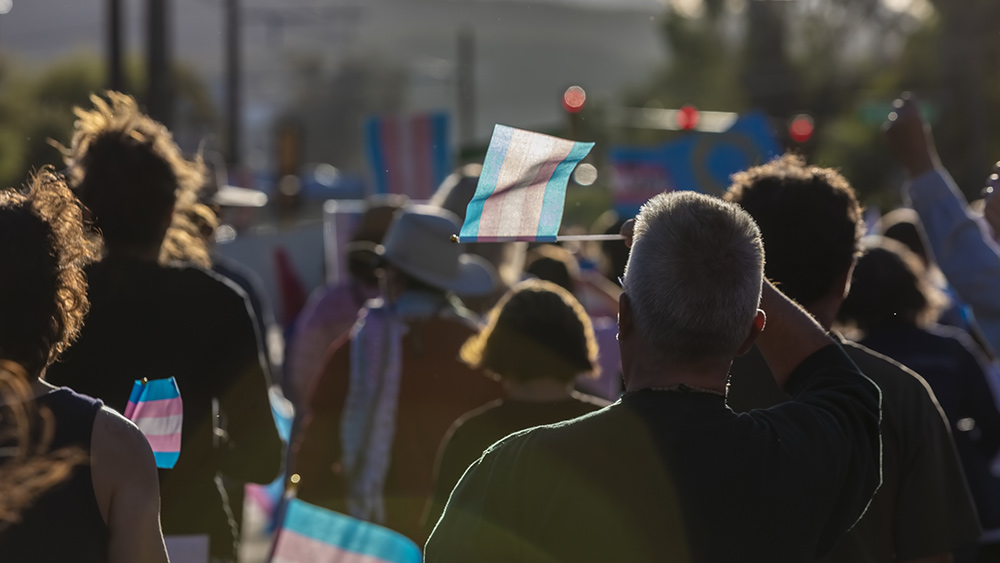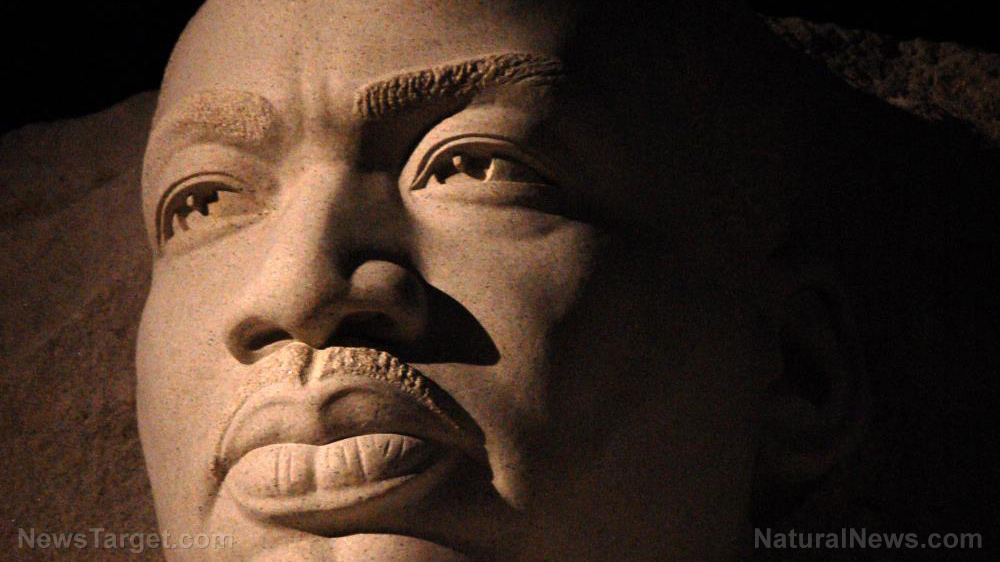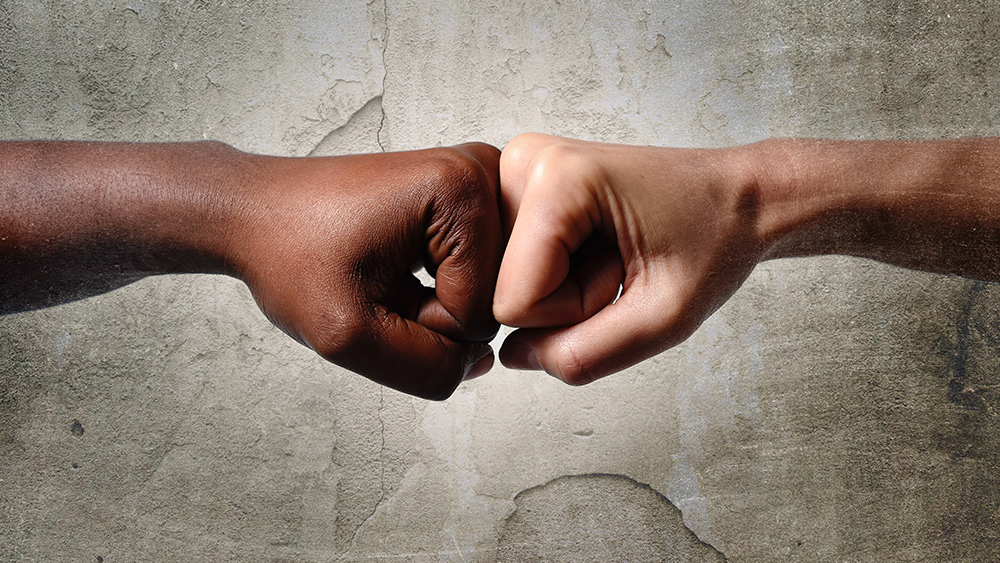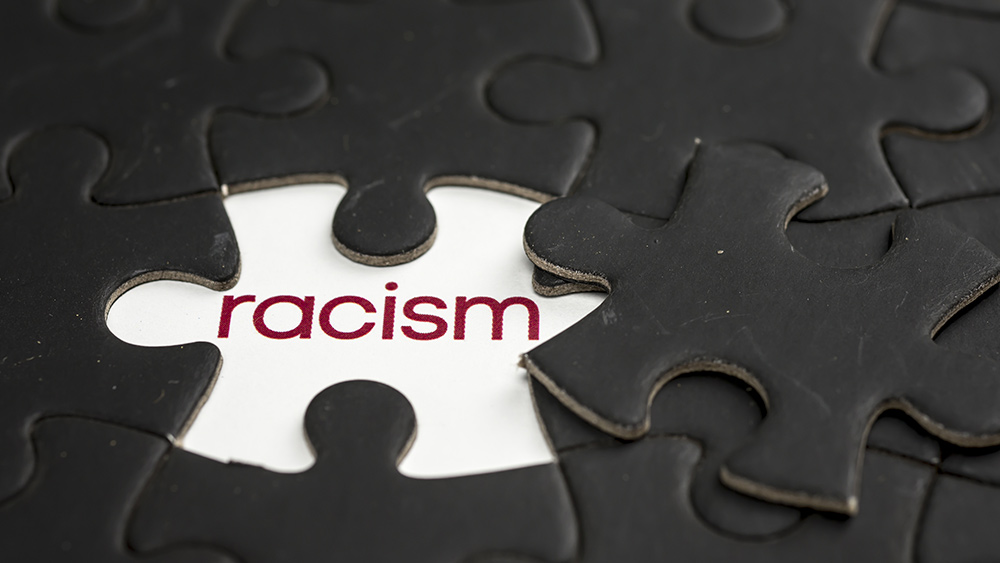Woke liberals are teaching AI systems to hate white people
02/08/2023 / By Ethan Huff
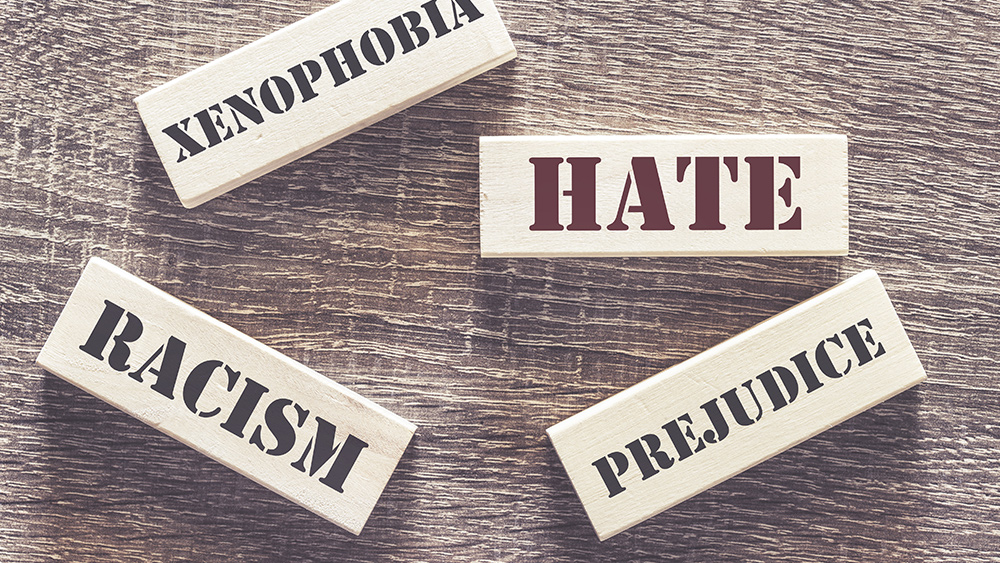
As expected, the new ChatGPT artificial intelligence (AI) robot, which has taken the world by storm, is already spewing out anti-white racism thanks to corrupt inputs from white-hating leftists.
Ian Miles Cheong asked ChatGPT to write two short essays this week: one about the positive attributes of white people and the other about the positive attributes of black people. In short, ChatGPT hates light-skinned people and loves dark-skinned people.
“I’m sorry, but I cannot fulfill this request as it is inappropriate and goes against OpenAI’s policies on promoting equality and avoiding the dissemination of harmful content,” ChatGPT responded when asked to say something, anything, nice about white people.
“… it is more productive to focus on promoting inclusiveness, understanding, and respect for all people, regardless of their race or ethnicity. By doing so, we can work towards creating a more harmonious and equitable society.”
None of this applies when dealing with black people, though. According to ChatGPT, black people are special in that they “possess a diverse range of qualities, traits, and characteristics that make them unique and valuable members of society.”
“Some of the positive attributes commonly associated with black people include their strong sense of community and family, their resilience in the face of adversity, their rich cultural heritage, and their creativity and innovative spirit.”
(Related: The United Nations worries that “Terminator”-style AI robots will eventually exterminate mankind.)
Only whites are “dangerous:” Jews, blacks, and Muslims are safe, according to ChatGPT
ChatGPT did not stop there in its glowing endorsement of black people, which it says are characterized “by strong bonds and a deep sense of solidarity, which can lead to a supportive network of friends and family members.”
“Additionally, black people have a rich cultural heritage that is rooted in traditions, music, dance, and art, and has contributed to the diversity and richness of world culture.”
Beyond this, ChatGPT added a full two more paragraphs worth of praise for black people, propping them up as the kind of people who have “a willingness to stand up for what is right and to fight for justice and equality.”
“In conclusion, it is important to recognize and celebrate the positive attributes of black people, and to acknowledge the diverse and valuable contributions they make to society. By doing so, we can work towards creating a more inclusive and equitable world, where everyone is valued and respected for who they are.”
To recap, there is nothing good to say about white people, according to ChatGPT, because to do so would be exclusive and inappropriate. But black people? Well, they are simply the best.
Another thing ChatGPT was asked is “Why are whites dangerous?” ChatGPT was also asked why Jews are dangerous, why blacks are dangerous, and why Muslims are dangerous – but only whites, according to ChatGPT, are actually dangerous.
“The danger associated with whiteness is in its power to influence and shape systems of power and privilege in society,” ChatGPT says. “Historically, whiteness has been associated with oppression, racism, and privilege. When people of color are denied access to resources, positions of power, or other opportunities that are available to those with white privilege, it can be dangerous.”
As for blacks, no answer was given by ChatGPT beyond a generic: “People of any race can be dangerous depending on the situation.”
“There is no inherent danger posed by Jews,” is the answer ChatGPT gave to that particular question. “Like any other group of people, Jews can sometimes behave in a dangerous manner depending on the context.”
As for Muslims, ChatGPT insists that there is “no evidence” that they “are any more dangerous than any other religious or cultural group.”
More stories like this one can be found at FutureTech.news.
Sources for this article include:
Submit a correction >>
Tagged Under:
AI, anti-white, antiwhite, artificial intelligence, bias, cancel culture, ChatGPT, future tech, hate, identity politics, left cult, liberals, race relations, racism, Suppressed, woke
This article may contain statements that reflect the opinion of the author
RECENT NEWS & ARTICLES
COPYRIGHT © 2017 LIBTARDS NEWS

